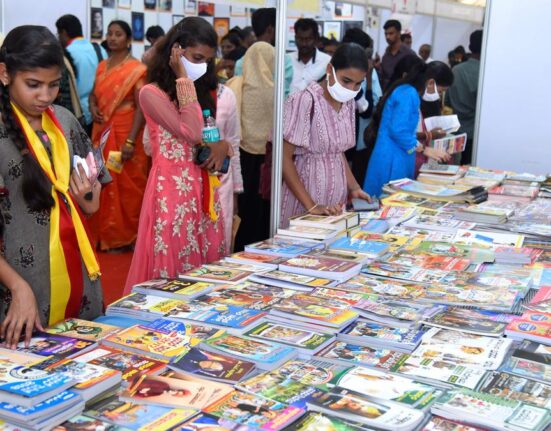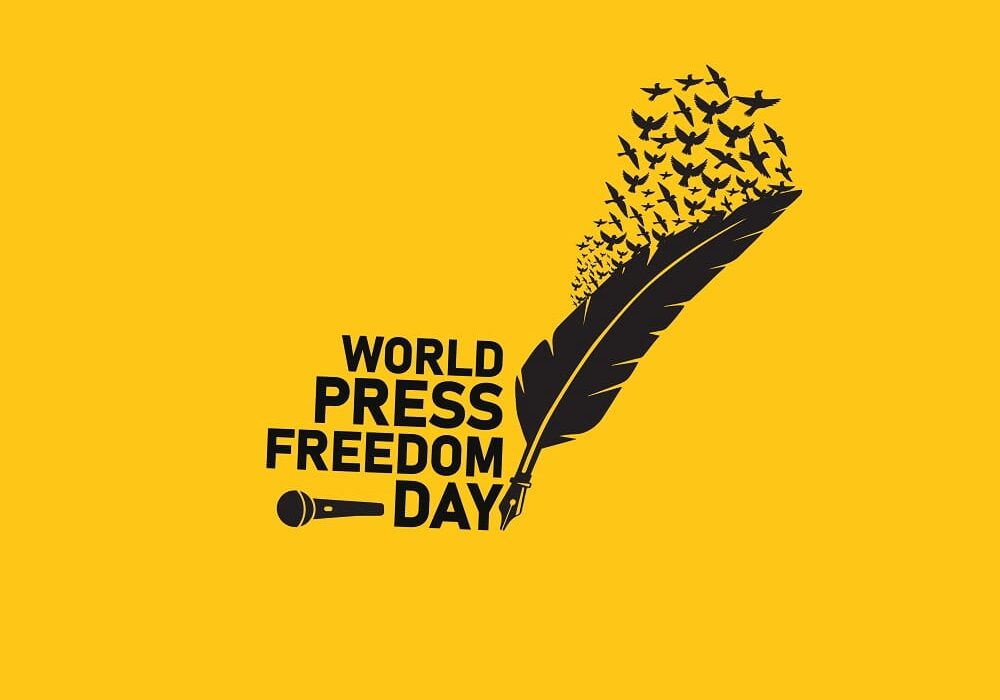In an era where information is power, the freedom of the press stands as a cornerstone of democracy and a guardian of human rights. World Press Freedom Day, observed annually on May 3rd, serves as a reminder of the vital role a free press plays in promoting transparency, accountability, and the exchange of diverse viewpoints.
Press freedom is not merely a privilege but a fundamental right enshrined in the Universal Declaration of Human Rights. It is the bedrock upon which democratic societies are built, enabling citizens to access reliable information, hold their governments accountable, and participate meaningfully in public discourse.
At its core, press freedom empowers journalists to investigate and report without fear of censorship or persecution. It allows them to shine a light on issues that matter, from government corruption and human rights abuses to environmental crises and public health emergencies. By uncovering truth and providing independent analysis, journalists act as watchdogs, safeguarding democracy against tyranny and abuse of power.
However, press freedom is under threat in many parts of the world. Journalists face intimidation, harassment, imprisonment, and even violence for their work. Censorship, both overt and covert, stifles dissent and manipulates public opinion. Economic pressures and political interference undermine editorial independence, eroding trust in the media and compromising its ability to fulfill its democratic function.
The digital age presents both opportunities and challenges for press freedom. While the internet has democratized access to information and enabled citizen journalism, it has also facilitated the spread of disinformation and propaganda. Social media platforms, while providing a platform for free expression, struggle to balance freedom of speech with the responsibility to combat misinformation and hate speech.
As we commemorate World Press Freedom Day, it is imperative to reaffirm our commitment to defending and promoting press freedom worldwide. Governments must uphold their obligations to protect journalists and ensure their safety, both online and offline. Media organizations must adhere to professional standards of ethics and integrity, fostering public trust in journalism.
Citizens, too, have a role to play in safeguarding press freedom. By supporting independent media outlets, critically evaluating sources of information, and advocating for transparency and accountability, individuals can contribute to the health of democratic societies.
In conclusion, world press freedom is not a luxury but a necessity for the functioning of vibrant democracies and the protection of human rights. As we celebrate World Press Freedom Day, let us recognize the invaluable contributions of journalists and reaffirm our commitment to upholding their right to report freely and without fear. Only through a free and independent press can we ensure a more just, informed, and democratic world for all.












